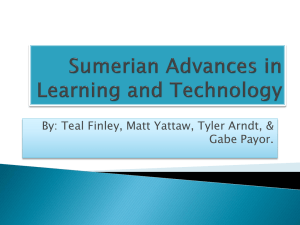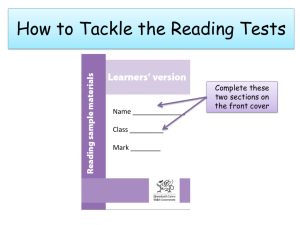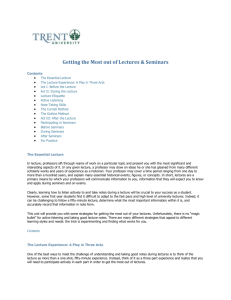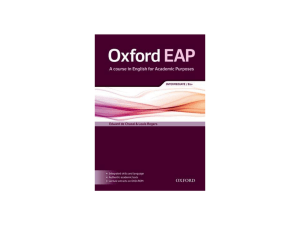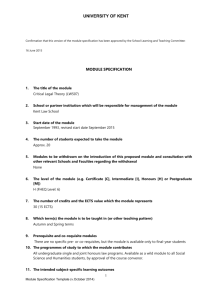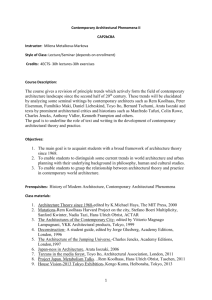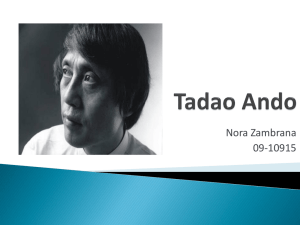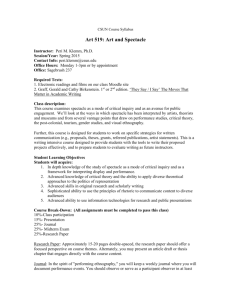here - NUS Blog
advertisement
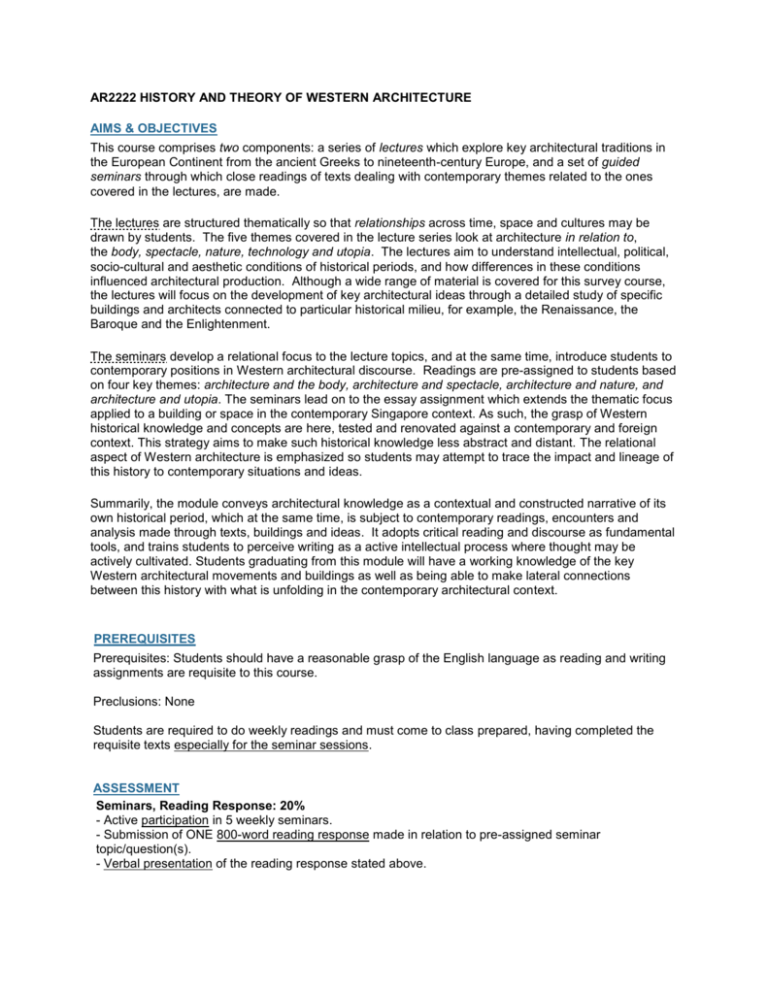
AR2222 HISTORY AND THEORY OF WESTERN ARCHITECTURE AIMS & OBJECTIVES This course comprises two components: a series of lectures which explore key architectural traditions in the European Continent from the ancient Greeks to nineteenth-century Europe, and a set of guided seminars through which close readings of texts dealing with contemporary themes related to the ones covered in the lectures, are made. The lectures are structured thematically so that relationships across time, space and cultures may be drawn by students. The five themes covered in the lecture series look at architecture in relation to, the body, spectacle, nature, technology and utopia. The lectures aim to understand intellectual, political, socio-cultural and aesthetic conditions of historical periods, and how differences in these conditions influenced architectural production. Although a wide range of material is covered for this survey course, the lectures will focus on the development of key architectural ideas through a detailed study of specific buildings and architects connected to particular historical milieu, for example, the Renaissance, the Baroque and the Enlightenment. The seminars develop a relational focus to the lecture topics, and at the same time, introduce students to contemporary positions in Western architectural discourse. Readings are pre-assigned to students based on four key themes: architecture and the body, architecture and spectacle, architecture and nature, and architecture and utopia. The seminars lead on to the essay assignment which extends the thematic focus applied to a building or space in the contemporary Singapore context. As such, the grasp of Western historical knowledge and concepts are here, tested and renovated against a contemporary and foreign context. This strategy aims to make such historical knowledge less abstract and distant. The relational aspect of Western architecture is emphasized so students may attempt to trace the impact and lineage of this history to contemporary situations and ideas. Summarily, the module conveys architectural knowledge as a contextual and constructed narrative of its own historical period, which at the same time, is subject to contemporary readings, encounters and analysis made through texts, buildings and ideas. It adopts critical reading and discourse as fundamental tools, and trains students to perceive writing as a active intellectual process where thought may be actively cultivated. Students graduating from this module will have a working knowledge of the key Western architectural movements and buildings as well as being able to make lateral connections between this history with what is unfolding in the contemporary architectural context. PREREQUISITES Prerequisites: Students should have a reasonable grasp of the English language as reading and writing assignments are requisite to this course. Preclusions: None Students are required to do weekly readings and must come to class prepared, having completed the requisite texts especially for the seminar sessions. ASSESSMENT Seminars, Reading Response: 20% - Active participation in 5 weekly seminars. - Submission of ONE 800-word reading response made in relation to pre-assigned seminar topic/question(s). - Verbal presentation of the reading response stated above. Draft Outline and Critical Essay: 50% - Submission of 1000-word draft outline in preparation for the final essay. The outline should detail the main argument, proposed framework and list of references consulted. - 2400-word critical essay written in response to a range of given themes and texts covered over the seminar series. Students are expected to make close readings of the given texts, and subsequently to forward a critical argument engaging a chosen theme, its assigned texts, and to initiate further independent reading/research related to the topic. Test: 30% Closed book test examining the student's knowledge of themes covered in the lecture series. This knowledge should be supplemented by the student's independent research into material introduced during the lectures. WORKLOAD 2 lecture hours per week, on weeks 3-12. 1.5 tutorial hours per week, on weeks 4-8. 8 hours preparatory work per week. SCHEDULE AR3222 LECTURE SCHEDULE: All Lectures are held on Friday, 11am-1pm unless otherwise stated (Weeks 3 – 12) All Seminars are held on Friday, 2-3.30pm or 3.30-5pm (Weeks 4 – 8) Introductory lecture + Lecture 1 (Pts. 1 and 2): Architecture and the Body (Perikles' Athens & Hadrian’s Rome) Lecture 2: Architecture and the Body (The Renaissance) Lecture 3: Architecture and Spectacle (The Baroque) Lecture 4: Architecture and Spectacle (Haussmann's Paris) Lecture 5: Architecture and Nature (The Picturesque Tradition) Lecture 6: Architecture and Nature (The Arts and Crafts) Lecture 7: Architecture and Technology (The Industrial Revolution) Lecture 8: Architecture and Technology (The Gothic Revival) Lecture 9: Architecture and Utopia (The Enlightenment) Lecture 10: Architecture and Utopia (Paper Architecture) + Revision

